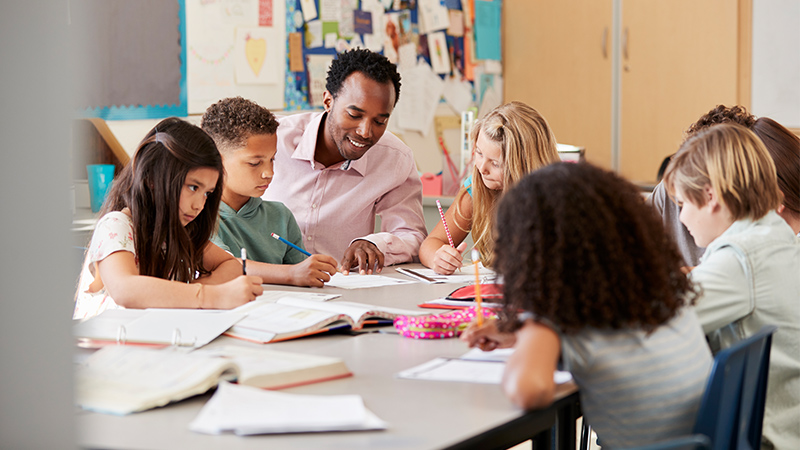According to a recent report from the Annie E. Casey Foundation, 68% of America’s 4th graders read below grade level last school year. The necessity of literacy skills in today’s society makes this statistic troublesome.

Reading skills strongly impact students’ academic success as well as their emotional and social well-being. Poor reading skills impact students in the following ways:
1. Academically
Because reading skills are easily the most necessary skill for academic success, students that do not read at grade level will undoubtedly struggle in school. This is especially true for students after the 3rd grade. In 4th grade, teachers spend significantly less time helping students learn to read, and the curriculum shifts in that students must use their reading skills to stay caught up in almost every subject. For this reason, reading skills must be at grade level in 4th grade. If not, students begin to fall behind in almost every subject, not just language arts.
2. Emotionally
Poor reading skills also impact students emotionally by negatively influencing their self-esteem. Striving to master a skill that many of their peers pick up with less effort makes many students feel incapable and unintelligent. This is unfortunate because reading problems are rarely a result of the student’s personal effort. On average, 70% of students will learn to read regardless of instruction; however, 30% require explicit, systematic phonics instruction to succeed with reading. This type of instruction is needed for 30% of students is because of the prevalence of language processing disorders (such as dyslexia, specific language impairment, and auditory processing disorder).
Because 70% of students should learn to read regardless of instruction, it is startling that 68% of 4th-grade students are not reading at grade level. This exposes the lack of Structured Literacy instruction. There is a clear need for teachers to improve the way they teach reading, especially since ineffective instruction can easily hurt a student’s self-esteem by leaving them with a feeling of inadequacy.
3. Socially
Poor reading skills also impact students socially. A common finding in sociology and psychology is that students naturally become friends with peers similar to them in academic standing. In correlation, academic success is often tied to involvement in other positive activities and a sharp decline in truancy, drug use, and other types of experimentation.
When students are not provided with the proper instruction needed to obtain effective reading skills, it is difficult for them to make friends with peers who encourage them to make positive life decisions.
The Value of Literacy Skills
It is amazing how large of an impact reading skills play in every individual’s academic, social, and emotional well-being. Those who naturally develop reading skills do not often realize the positive impact these skills play in their life. However, when we look at the risks of students who do not successfully develop reading skills, the importance of literacy and what it adds to your life becomes very obvious.
